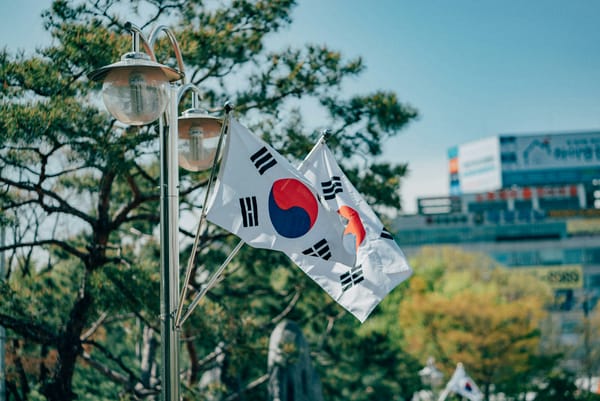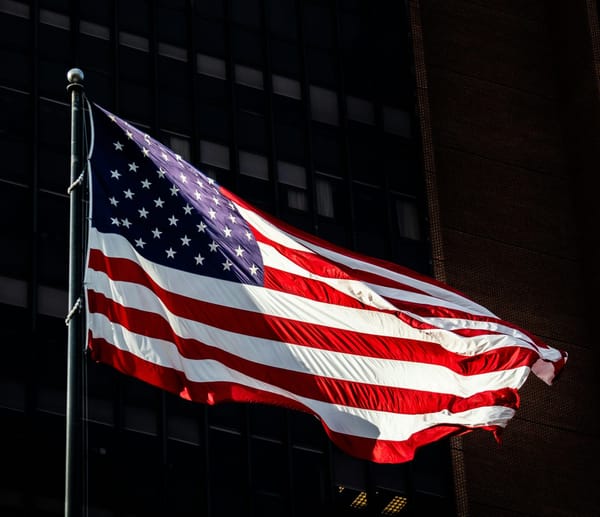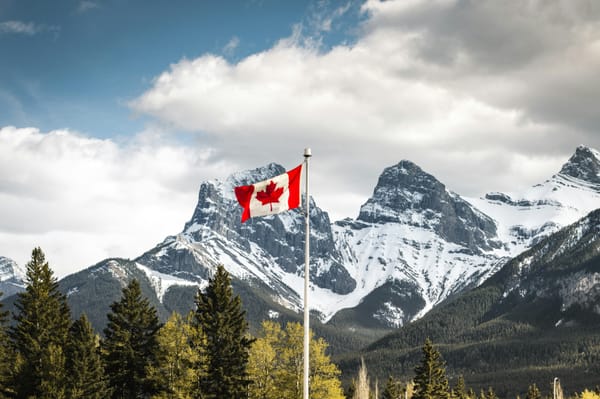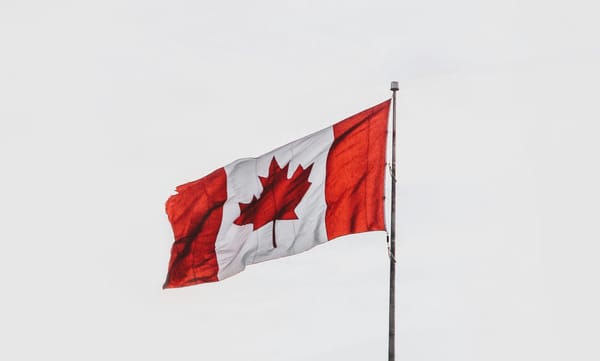Indian General Election
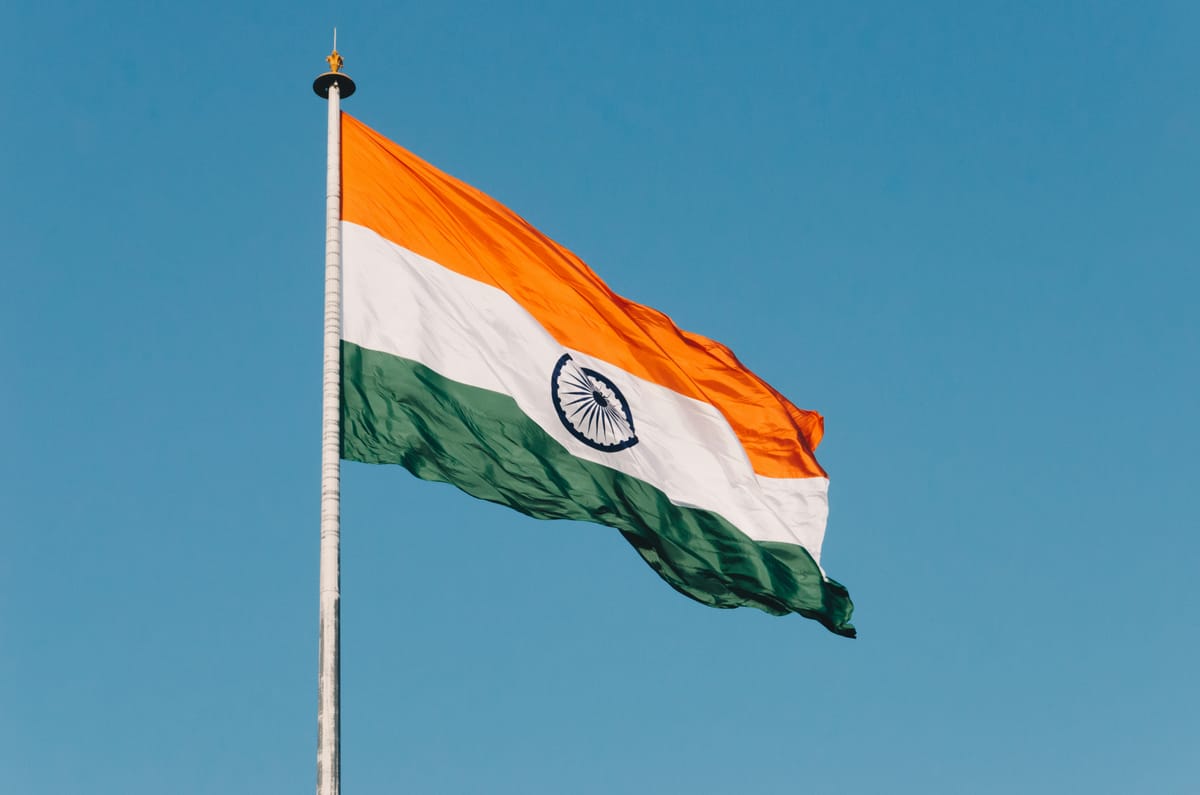
The world's most populous country and largest democracy India is holding its legislative general election later this month, an endeavor planned to take over 10 days of voting in different parts of the nation. Prime Minister Narendra Modi, a parliamentarian for the right-wing and Hindu nationalist Bharatiya Janata Party (BJP), is hoping for yet another term in office, being one of the longest-serving Indian Prime Ministers since independence. The BJP is going into the election with a majority, which it hopes to defend. On the other hand, the Indian National Congress (INC) is hoping to upend nearly a decade of electoral misfortune.
The INC has rebranded its longstanding electoral alliance, the United Progressive Alliance (UPA), in so doing trying to rid the image and losses of said coalition. 40 other political parties have joined the coalition in the INC's bid for power. The coalition is called: the Indian National Developmental Inclusive Alliance or, smartly, INDIA for short, including but not limited to regional and communist parties. The INC needs to gain over 200 seats to win a majority, currently they have an unimpressive 50 seats(compared with the BJPs 296). The BJP has a long-running coalition of 40 parties, including itself, named the National Democratic Alliance. However, this should rather be seen as a fail-safe as Mr Modi's party could win a majority on its own, as seen in 2019. The main factors to understand are; Prime Minister Narendra Modi's party the BJP, their coalition the NDA, and the rebranded INDIA coalition headed by the main opposition party the INC. The BJP is a right-wing Hindu nationalist party and the INC is a center to center-left party, both being large parties with many factions. The election to the Lok Sabha is set to occur between the 19th of April on the first of June and in seven phases.
Recent polling suggests a substantial lead for the NDA and seat projections give the coalition an even larger lead. The National Democratic Alliance (NDA) has enjoyed a lead in every major poll, 40 000 or more questioned voters, since late last year. However, INDIA has managed to in some polls, mostly older ones, come within the margin of error of being the largest party. Seat projections tell more than nationwide polling, like the US House of Representatives and British House of Commons seats are won in constituencies using the first past the post method, simply put: whoever gets the most votes in a district wins. The NDA currently dominates the seat projections closing in on 400 total seats in some, this out of 543 seats in parliament. However, 400 seats is widely seen as a near unattainable amount and would require heavy gains in southern states prone to support the INC and others. The BJP and thereby also the NDA coalition are set for a majority at worst and a strong majority at worst.
Mr Modi's premiership has been extremely popular, unmatched by other democracies, with his favourability rating reaching well over 70% in many polls. Indians believe their country's global influence is growing, the economy is booming, or at least since the BJP took power, these are among the reasons for Prime Minister Modi's popularity. The economic growth is connected rightly or wrongly with the BJP and Narendra Modi personally. Furthermore, the rock-star greetings he gets from international leaders, due to the Indian diaspora, meaning significant voting blocs that democratic leaders wish to win, have entailed an image that presents growing global influence. Moreover, India is preparing to become a superpower and different nations wish for India to align with them to exhort their influence. Australian Prime Minister Anthony Albanese, leader of a center-left party, gave the Indian PM a major welcome with cheering and kind words, perhaps best showcasing India's recently found major importance. India's success is attributed to those in power, which happen to be the BJP.
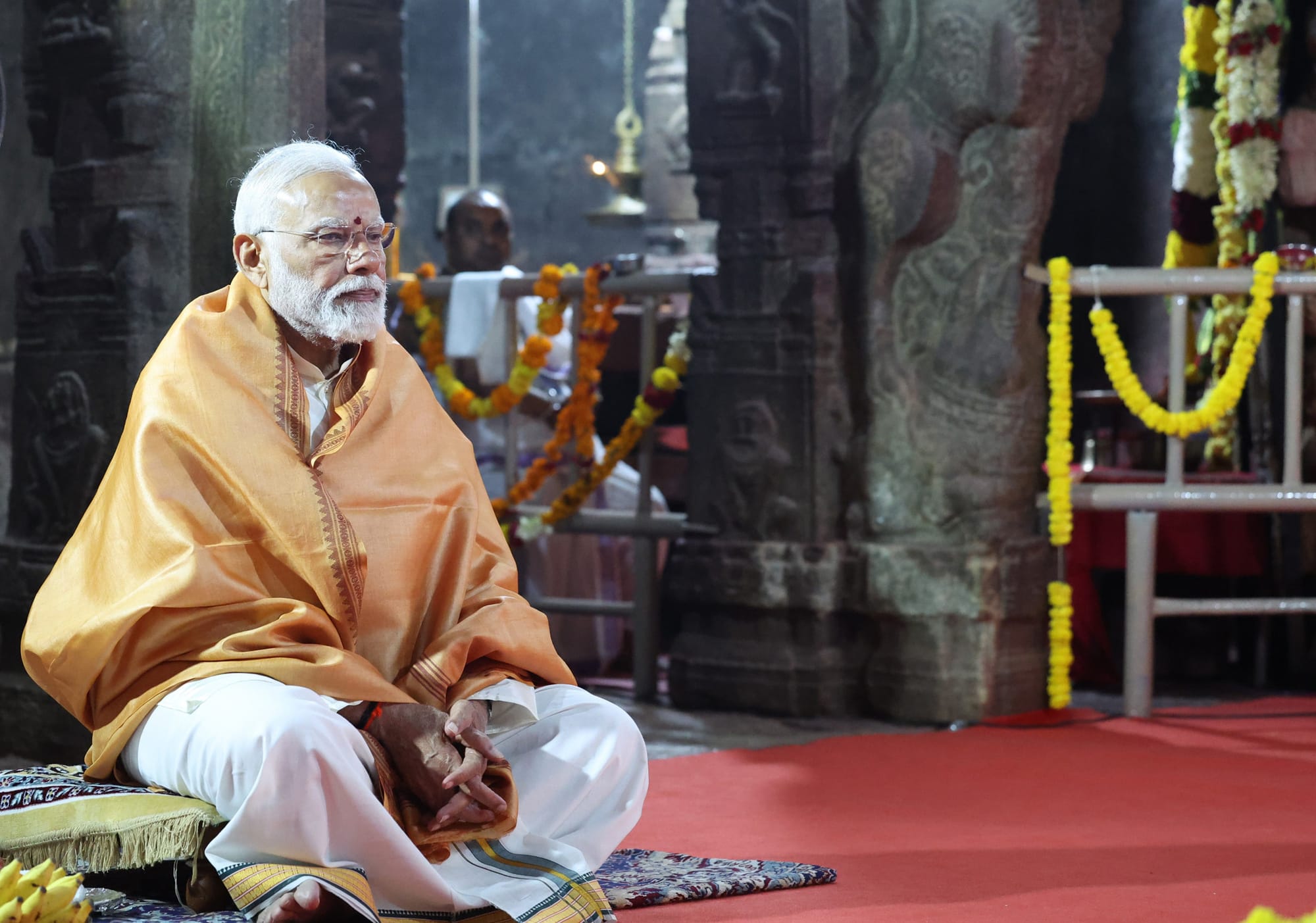
However, the success of India is a simplification of the BJP and Mr Modi's triumphs. The Indian National Congress, the main opposition, can be credited with some of the BJP's growth and popularity. The INC has been plagued by a seemingly weak leadership that has struggled to form a cohesive narrative to portray the party's vision for the nation. This has seen the party lose in important states' regional elections, vital for gaining power. However, the INC has managed to make gains in some areas such as in 2023 when the party managed to gain control of 2 southern states, largely due to widely unpopular local BJP organisations, however, also lost in the heartland of the nation where it made significant gains in 2018. The INC simply lacks structure and a common strategy in the way the BJP has. The sense of the INC making things worse and not knowing how to run a country is a sentiment scaring many voters away from the party. However, not too long ago the Indian National Congress was challenging the Bharatiya Janata Party for first place showcasing the possibility of winning voters. This alongside the arrests of prominent opposition figures might have the electorate worried about the democratic intentions of the BJP, fairly or unfairly does not matter for the election results, if the INC can portray the arrests as a threat. Both parties have strengths and respective weaknesses and the side that can best utilise its strengths and best exploit the others' weaknesses will ultimately win.
Prime Minister Narendra Modi is positioned for a historic 3rd term and is well placed to see his party do even better despite already having a majority without its coalition partners in the NDA. The INC that once dominated the country has seen a steep decline and its chances of winning are seemingly low. Polling states it clear: the BJP will win the only question is by how much. However, Indian politics is dynamic and fast-changing, a week could be enough to sway opinion, and whilst the BJP has an enticing record in many ways voters may still prefer the INC or INDIA coalition. As with every election, it is impossible to tell what the results will be until they are finalised, and until then everything is pure speculation.
